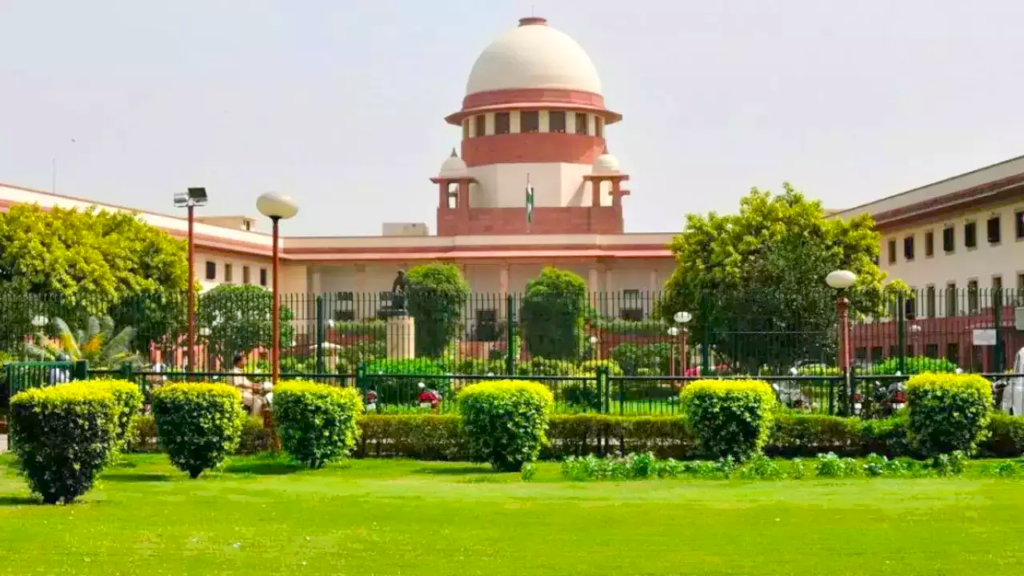Shreya Gupta
On March 24, 2025, the Supreme Court of India constituted a ten-member National Task Force to address the growing mental health concerns of students and prevent suicides in higher educational institutions.
The decision was made in the case of Amit Kumar & ors. v. Union of India by a bench comprising Justices JB Pardiwala and R Mahadevan in response to the alarming increase in student suicides, which have now surpassed suicides committed by farmers.
The Court relied on data from the National Crime Records Bureau (NCRB), which revealed that over 13,000 students had died by suicide in 2021, nearly double the number recorded a decade ago, with a further four percent rise in 2024 alone.
The case originated from the deaths of two students from marginalized communities at the Indian Institute of Technology (IIT) Delhi, namely Ayush Ashna and Anil Kumar, who were found dead in their hostel rooms in 2023. Their parents alleged foul play and claimed that the students faced caste-based discrimination at the institution.
The Delhi High Court had previously refused to direct the police to register criminal cases, citing a lack of evidence. However, the Supreme Court, upon reviewing the matter, ordered the registration of First Information Reports (FIRs) and an investigation into both cases, recognizing that student suicides are not isolated incidents but a systemic issue across educational institutions.
The Court cited recent cases of student suicides in institutions such as the College of Veterinary and Animal Sciences, Wayanad; Gujarat National Law University (GNLU); IIT Patna; and Kalinga Institute of Industrial Technology (KIIT), Bhubaneswar, underscoring the gravity of the crisis.
To address the issue comprehensively, the Supreme Court has appointed a National Task Force chaired by former Supreme Court judge Justice S. Ravindra Bhat. The Task Force comprises experts in psychiatry, psychology, social sciences, law, and disability rights, including Dr. Alok Sarin, Prof. Mary E John, Arman Ali, Prof. Rajendar Kachroo, Dr. Aqsa Shaikh, Dr. Seema Mehrotra, Prof. Virginius Xaxa, Dr. Nidhi S Sabharwal, and Senior Advocate Aparna Bhat as amicus curiae.
The mandate of the Task Force includes identifying the predominant causes of student suicides, such as ragging, caste-based discrimination, gender-based discrimination, sexual harassment, academic pressure, financial burdens, and mental health-related stigma. Additionally, the Task Force will review existing laws and regulations related to student welfare and propose reforms to strengthen institutional accountability.
The Supreme Court has granted the Task Force the authority to conduct surprise inspections in higher educational institutions and make recommendations beyond its specific mandate if necessary. The objective is to implement a holistic approach to addressing mental health concerns and preventing student suicides. The Court has directed the Task Force to submit an interim report within four months and a final report within eight months, ensuring timely action on this critical issue.
Case Title: Amit Kumar & ors. v. Union of India & ors.
Case Number: Criminal Appeal NO. 1425 OF 2025
Bench: Justices JB Pardiwala and R Mahadevan
Click here to access the order/ Judgment
Instagram: Click here
LinkedIn: Click here
For Collaboration and Business: info.desikaanoon@gmail.com

